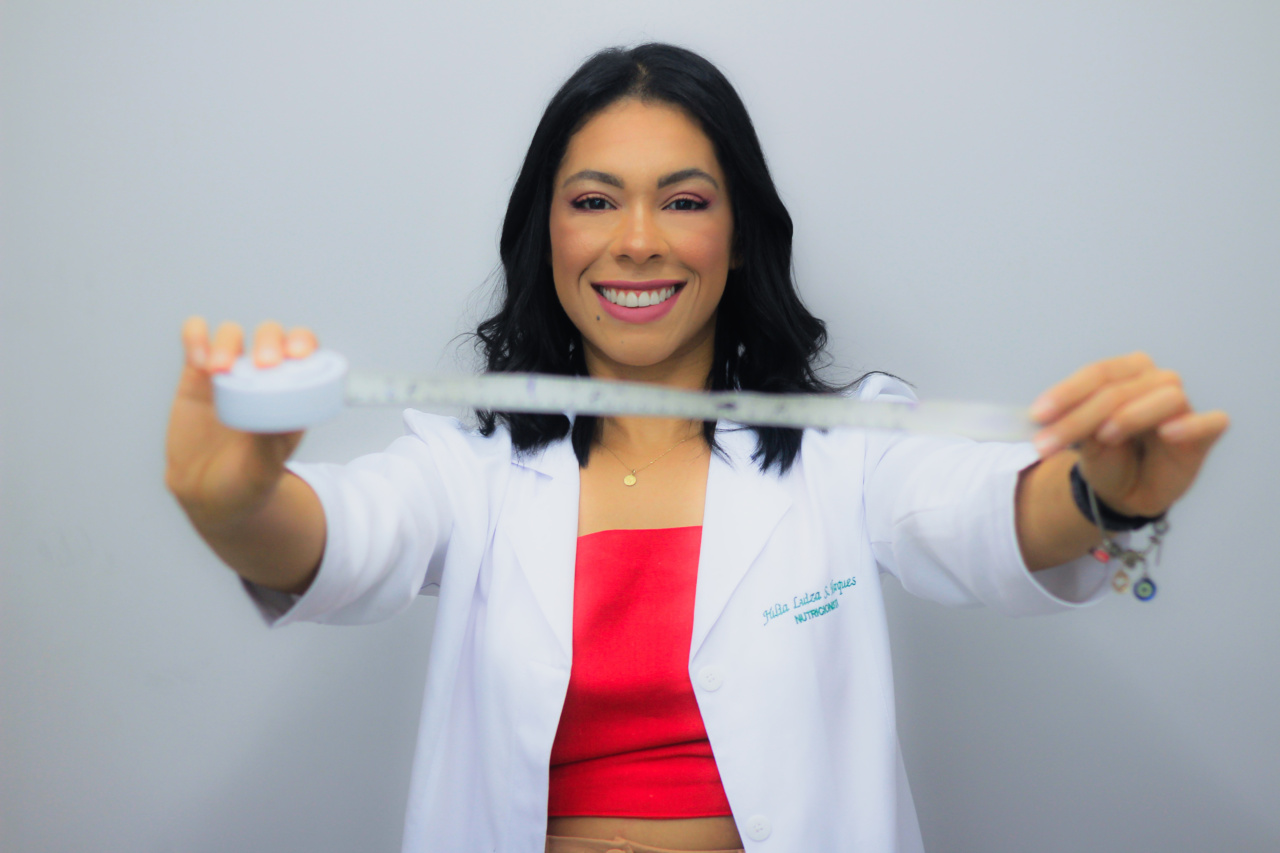Have you ever wondered why some people seem to eat whatever they want and never gain weight, while others can only look at food and gain a few pounds? The answer lies in metabolism, a complex process that is responsible for converting food into energy.
What is Metabolism?
Metabolism is the process by which your body converts food and drink into energy. This energy is used by your body to function, from breathing to moving to thinking.
Your metabolism is influenced by many factors, including your age, gender, body composition, and activity level.
The Role of Calories
Calories are the units of energy your body uses to function. When you consume more calories than you need, your body stores them as fat, leading to weight gain.
On the other hand, when you consume fewer calories than you need, your body burns stored fat for energy, resulting in weight loss.
Types of Metabolism
There are two types of metabolism: catabolism and anabolism. Catabolism is the process by which your body breaks down larger substances into smaller ones to generate energy.
Anabolism is the process by which your body builds larger substances from smaller ones, using energy to accomplish this.
Factors that Affect Metabolism
Your metabolism is influenced by many factors. Some of the most important factors include age, gender, body size and composition, genetics, and activity level. As you age, your metabolism slows down, which can lead to weight gain.
Men typically have faster metabolisms than women, and people with more muscle mass have faster metabolisms than those with less muscle mass.
The Thermic Effect of Food
The thermic effect of food is the energy your body uses to digest, absorb, and transport the food you eat. Some foods, such as protein, have a higher thermic effect than others and can help boost your metabolism.
The Role of Exercise
Exercise is a crucial factor in increasing your metabolism. When you exercise, your body burns calories, which helps you lose weight. Exercise also helps to build muscle, which can increase your metabolism, as muscle burns more calories than fat.
How to Boost Your Metabolism
There are several ways you can boost your metabolism, including eating a healthy diet, getting regular exercise, and getting enough sleep.
Eating a balanced diet that is high in protein and fiber and low in processed foods can help boost your metabolism. Engaging in regular exercise, such as weight lifting, can also help increase your metabolism.
When to See a Dietitian
If you are struggling to lose weight or maintain a healthy weight, it may be time to see a dietitian. A dietitian can help you develop a personalized plan to boost your metabolism and reach your weight loss goals.
The Bottom Line
Understanding your metabolism is key to losing weight and maintaining a healthy weight. By eating a healthy diet, getting regular exercise, and getting enough sleep, you can boost your metabolism and achieve your weight loss goals.
If you are struggling to lose weight, see a dietitian for personalized advice.



























